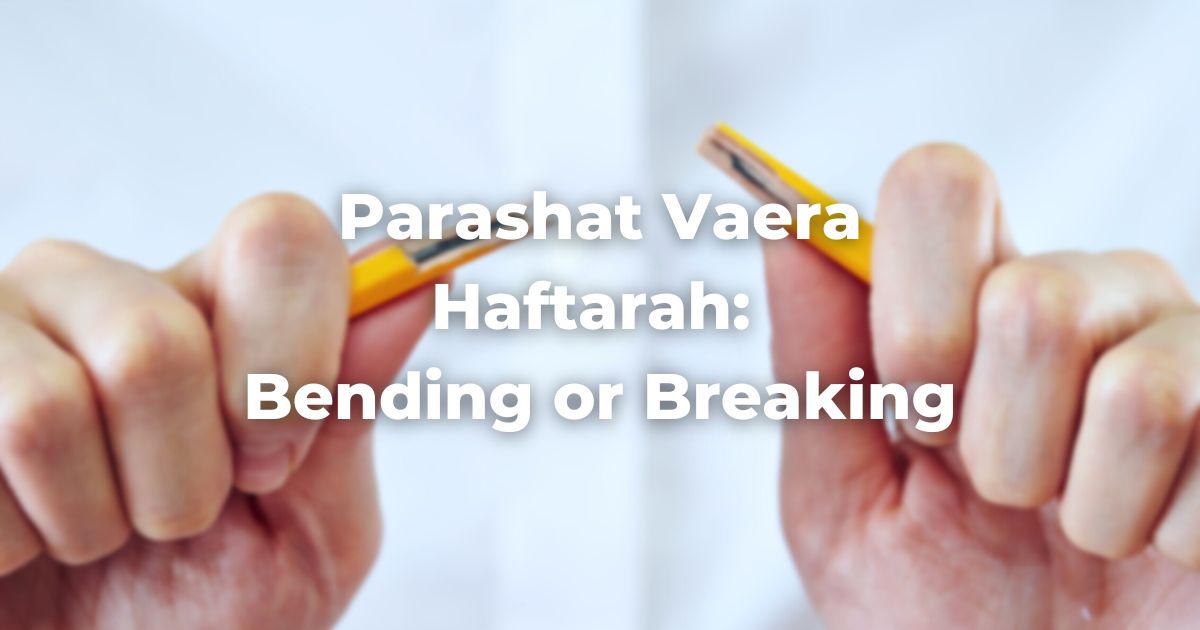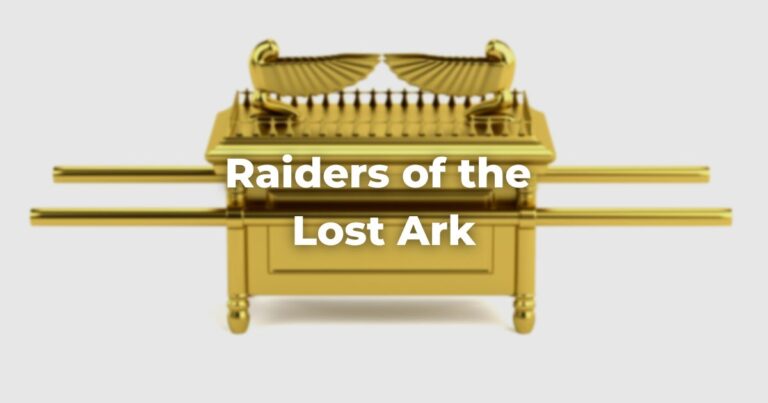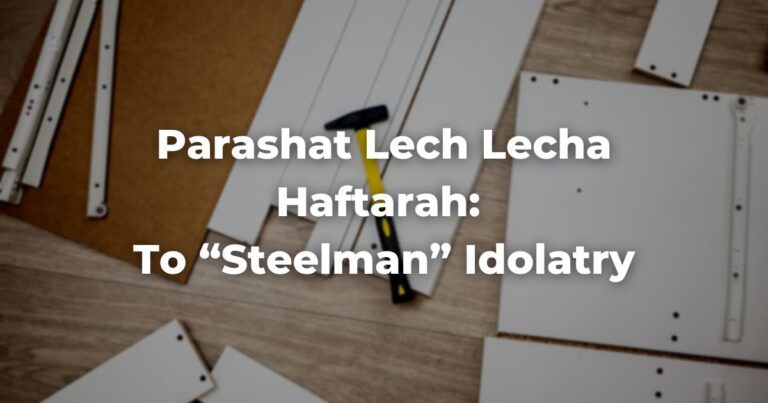How hard can a person be pushed before they break?
And what is it that keeps a person going, what composes the inner grit, the resilient core of a person?
Whatever it is, the Egyptians do not seem to have it. Pharaoh’s is notoriously lacking.
Emotional hardship of the destruction of the First Temple
Our haftarah reading, Ezekiel 29, brings us to the time around the siege and destruction of Jerusalem and the First Temple.
The remnant of people left in Jerusalem are caught between a rock and a hard place. They have been pushed nearly to the breaking point and are looking for an out.
Faced with submission to the Babylonian Empire on one hand and alliance with the historically hated and notoriously untrustworthy Egyptian powerhouse on the other hand, they have no ability to maintain sovereignty.
Connection of the haftarah to the parashah
Our haftarah portion promises redemption for this remnant of Judah before turning to address the Egyptians.
Pharaoh is called all sorts of bad names and told the many ways in which he will be punished so that the Egyptians will learn that YHWH alone is God.
The reason given for this punishment is Pharaoh’s lack of support for the Judeans in their time of need, his untrustworthiness as an ally.
We read, in Robert Alter’s translation of Ezekiel 29:6-7: “And all the dwellers of Egypt shall know that I am the LORD inasmuch as they have been a reed staff to the house of Israel. When they grasp you with the palm, you shatter, and you crack every shoulder among them. And when they lean on you, you break, and you wrench all loins among them.”
Pharaoh is being accused of being a failed reed staff.
It’s an interesting image, conjuring up elements of the Exodus story. The word used here for reed is not the same as the word we find to describe the material from the Nile with which Yocheved made a protective ark for baby Moses, we find the two words paired elsewhere. Likewise, while the word used here for staff is not the same word used in the Exodus story, it does conjure up the same image as Moses and Aaron’s rods.
The word used for staff here comes from the root “to lean.” The concept of a staff here is something that is leaned upon. And Pharaoh has failed as something to be leaned upon.
Breakage
When leaned upon by the Judeans, he shattered and broke, causing them pain rather than giving them support.
Of course, in the image, by failing to provide them support, he himself also was destroyed. This image resonates well with the story of the Exodus. Pharaoh was asked to provide for the Israelites. And he failed. Pushed to his breaking point, he broke.
So what makes the Israelites different? Why are we given a prophecy of redemption here?
We are constantly pushed to the breaking point. Our country and our Temple are destroyed.
Why don’t we break?
We are a nation of leaners. Individually, we all have a breaking point. Push us hard enough and we’ll snap. But as we find in every story told in the TanakhAn acronym for the name of the Hebrew Bible: Torah, Neviim, and Ketuvim. Read more, when we get to our breaking point, we reach out.
We look for someone to lean on. When that someone is God, we tend to bend instead of break.
See more: Parashat Vaera
Originally posted as part of the Conservative Yeshiva at the Fuchsberg Jerusalem Center’s Torah Sparks. Support TorahRefers to the first five books of the Hebrew Bible, the Tanakh, also called the Five Books of Moses, Pentateuch or the Hebrew equivalent, Humash. This is also called the Written Torah. The term may also refer to teachings that expound on Jewish tradition. Read more learning from the Fuchsberg Jerusalem Center/Conservative Yeshiva for leaders and seekers around the world here
Authors
-

Bex Stern Rosenblatt is the Conservative Yeshiva’s Faculty-in-Residence for the Mid-Atlantic Region of the United States, teaching Tanach, using the techniques of close-reading, theater, feminist readings, and traditional commentators. Bex also directs the CY’s recruitment efforts in North America. After finishing her B.A. in History and German at Williams College, Bex received a Fulbright Grant to Austria. She later earned an M.A. in Tanakh from Bar Ilan University and has also studied at the Conservative Yeshiva and Bina Jerusalem. Bex is the founder of HavrutaA study partner. A hevruta is more than just a ‘study buddy’ it is a serious and personal relationship between colleagues. Also spelled: Havruta Read more Tel Aviv, an organization that facilitates guided pair-learning of the Tanakh.
View all posts -



The Fuchsberg Jerusalem Center (FJC) is a home in the heart of Jerusalem where leaders and seekers can find an authentic place in Jewish tradition to call their own. FJC offers opportunities to study, pray and explore within an egalitarian and inclusive setting, creating multiple pathways for finding personal and communal meaning.
View all posts






